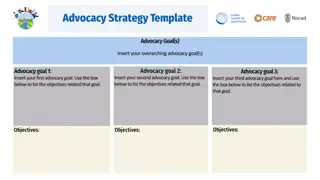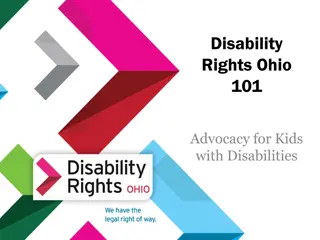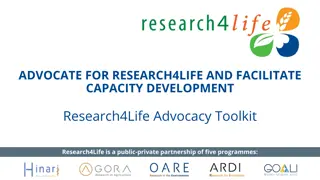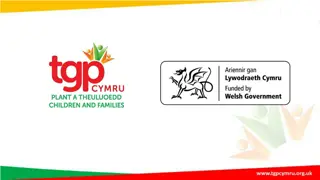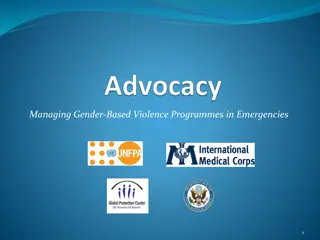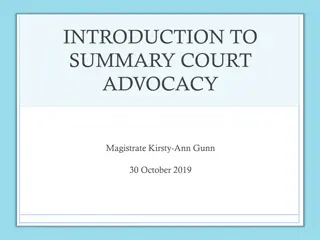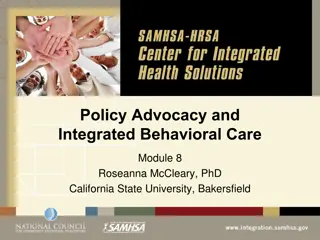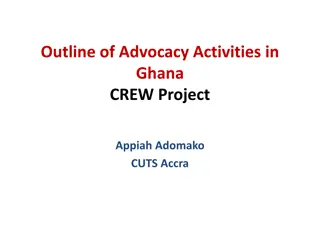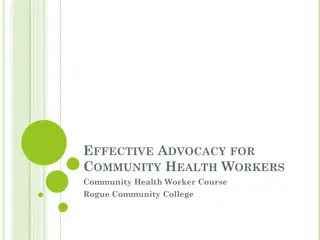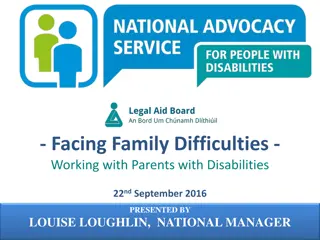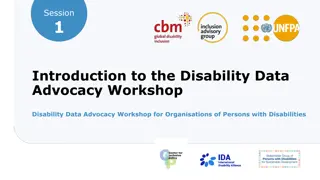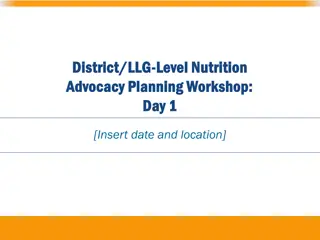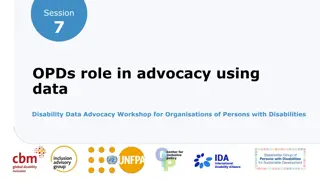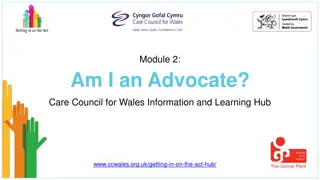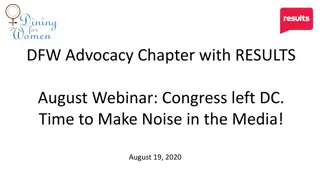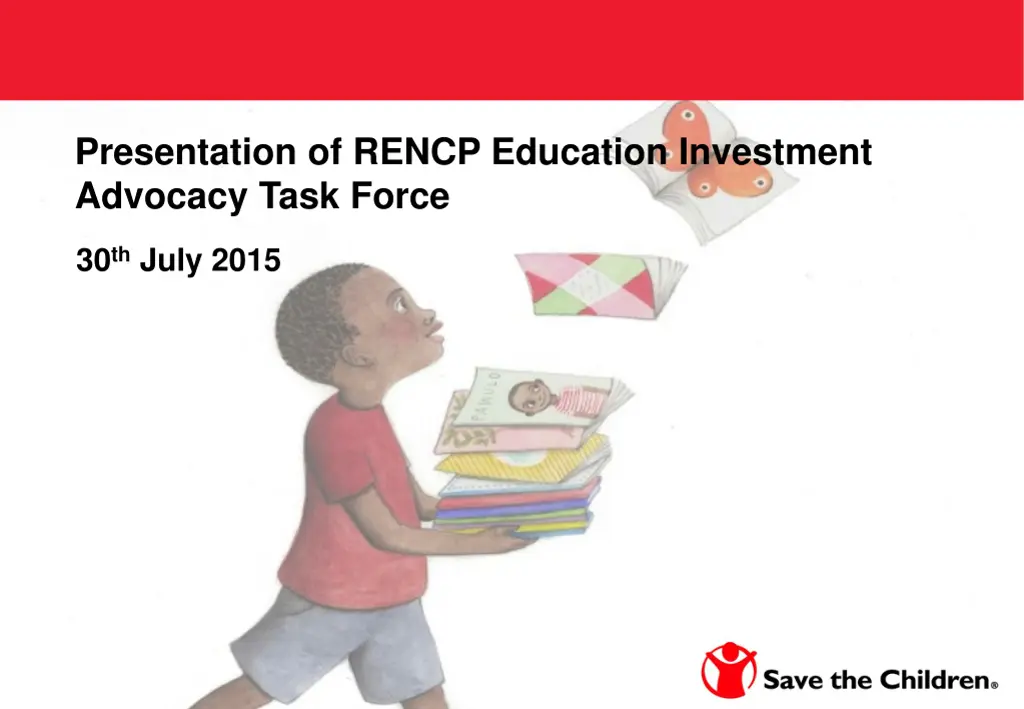
Education Investment Advocacy Task Force Update
Explore the key findings and challenges in education investment presented to the RENCP Education Investment Advocacy Task Force in July 2015. Discover insights on budget allocations, progress in the sector, and the formation of a task force to advocate for increased investment and equitable distribution in education finance.
Download Presentation

Please find below an Image/Link to download the presentation.
The content on the website is provided AS IS for your information and personal use only. It may not be sold, licensed, or shared on other websites without obtaining consent from the author. If you encounter any issues during the download, it is possible that the publisher has removed the file from their server.
You are allowed to download the files provided on this website for personal or commercial use, subject to the condition that they are used lawfully. All files are the property of their respective owners.
The content on the website is provided AS IS for your information and personal use only. It may not be sold, licensed, or shared on other websites without obtaining consent from the author.
E N D
Presentation Transcript
Presentation of RENCP Education Investment Advocacy Task Force 30th July 2015
Background In April 2015, Save the Children completed an Investment in Children Analysis, including a specific analysis of financing in the education sector. Key questions: What resources are allocated? How are allocations changing for different programmes? Are the resources allocated to maximise benefit to all children (particularly poorest) Period for budget analysis: 2006 2014/15
Key Findings: Progress in the sector Enormous increase in budget in absolute terms: 61bn RwF in 2006 = 235bn RwF in 2014/15 Rapid expansion of education system Improvements in access: Enrolment (MINEDUC Education Statistical Yearbook) Attendance (EICV Thematic Report on Education) Gender parity: including latest statistics regarding enrolment at upper secondary level Catch up of the poorest: primary level attendance figures show gaps narrowing
Key findings: Challenges Education share of national budget decreasing Several key trends identified: Primary and pre-primary budget allocations levels are disproportionately low Higher education levels are high (especially scholarships) Quality education spending is low (and allocations are decreasing)
Inequitable distribution of budget across districts 19 districts out of 30 shows significant mismatches ie. little relationship between poverty levels and level of spending per student at primary level District Poverty ranking Ranking by primary spending per student Spend per student at primary level Some examples from the poorer districts: Nyamagabe 1st 15th 21,239 Nyamasheke 2nd 19th 20,271 Karongi 3rd 23rd 19,588 Nyaruguru 4th 2nd 26,586 Ruhango 5th 13th 21,463 Kirehe 14th 30th 15,664
RENCP and education budget advocacy The findings from this study were presented to RENCP member organizations in early May and there was general agreement that RENCP could undertake joint advocacy on increasing investment in the education sector and on seeking a more effective and equitable distribution of the funding available. The present task force was formed on May 11, 2015 to develop a more specific education finance advocacy strategy, and to lead in carrying out the necessary advocacy actions. The following organizations volunteered themselves for membership: FAWE, NUDOR, Wellspring, Plan Rwanda, Sustainable Health Enterprises (SHE), Save the Children (Chair), Umuhuza (Co-chair)
Objectives Determine shared priority issues for advocacy on education financing Seek out any additional information necessary in order to advocate on those issues Develop a specific advocacy strategy Lead RENCP s advocacy efforts in the area of education financing
Progress To Date Some of our activities since May: Discussion points and questions for the JRES clear and well- coordinated Meeting with Senator and DG REB about support/advocacy advice Update of the analysis to be done in August/Sept in light of recent education budget
Way Forward? Key Questions: 1. Should this task force remain limited to investment in education or assume a wider advocacy scope that harnesses the inputs from other working groups? 1. Should this remains as a task force or become a more permanent working group? 1. What other organizations would like to be involved?

